
Put them in the shredder
With a huge emphasis on digital security, it may slip your mind that physical papers left in the trash can be a gold mine for identity thieves especially with loads of junk mail overflowing the mailbox. Even something seemingly small such as an address or a partial account number could be useful information for those looking to exploit you. Here are the main culprits of documents people believe won’t cause any harm by tossing without ripping up first.
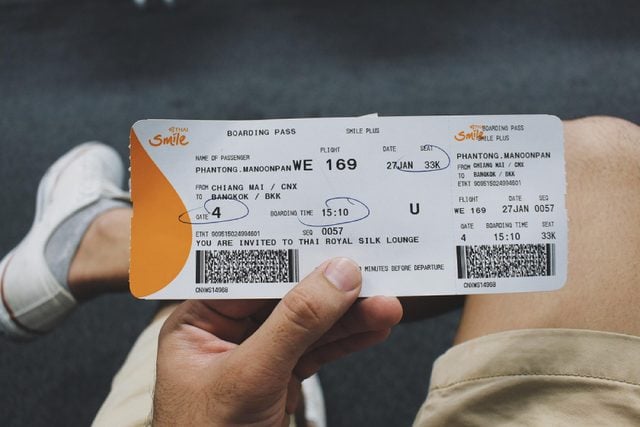
Boarding passes
Shred documents after you land: Your boarding pass has your name, your travel plans, and a barcode that free websites can decipher. This code often reveals your frequent-flier number, which crooks can use to log in to airline accounts to view upcoming travel plans, check in to flights, and even cancel trips. Since most boarding passes are mobile now, remember to never share a photo of it on social media.
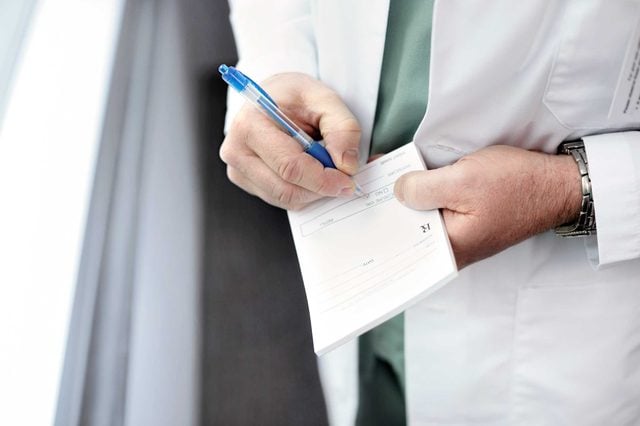
Prescription labels
Whether stapled to the Rx bag or on the bottle, these labels may list your name, the date of initial dispensing, the name and strength of the drug, and the dispensing pharmacist’s name. Thieves may use this info to refill prescriptions or steal your identity.
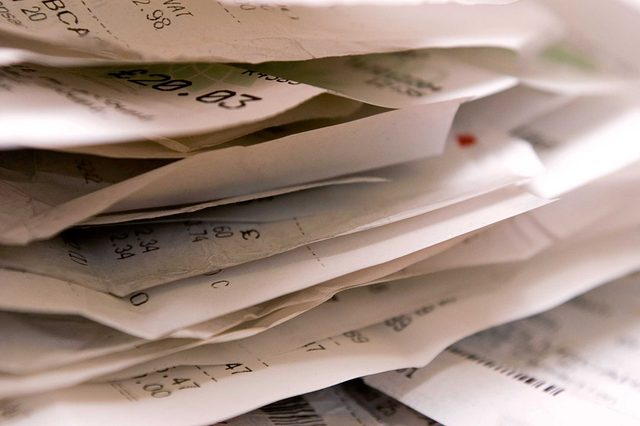
Receipts
Shred all receipts you don’t save. Those from credit card purchases reveal the last digits of your card number and possibly your signature. Crooks can also use receipts for fraudulent returns and benefit from your store credit if you don’t shred documents. If you really want to play it safe, switch to paperless receipts wherever you can—you’ll be helping the environment, too!

Pet medical papers
Keep records of major events, and shred the rest. Papers from a vet visit show a pet’s name—which a Google Apps survey of 2,000 people found is the most common password choice.
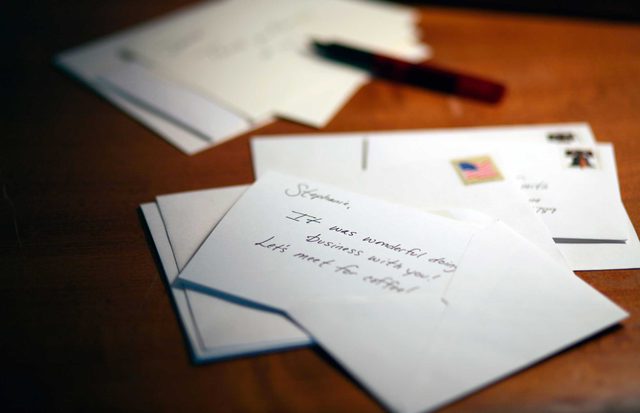
Return labels
Shred free return labels you receive in the mail, along with any envelopes with your name and address. Thieves often pair this with what you post on social media (family member names, work history) to piece together your identity. When writing your return address on an envelope, omit your name. Here are some more things an identity thief doesn’t want you to know.
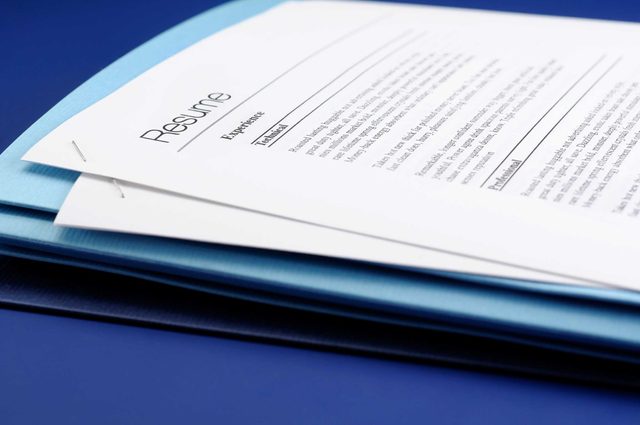
Resumes
Don’t toss resume copies or drafts without shredding. Resumes hand crooks your name, phone number, address, email address, employment past, and education history in one convenient piece of paper, hence why it’s so important to shred documents and not simply throw them out.

Extra birth announcements
Children are 51 percent more likely to be victims of identity theft than adults. Shred birth announcements you don’t save, which typically have the child’s name, birth date, weight, eye color, and other personal identifiers. If the newborn is yours, don’t accept monetary gifts (like a savings bond) that ask for the child’s social security number—it is often not required to open an account.

Extra funeral pamphlets
Thefts use the identities of more than 2 million deceased Americans every year to apply for loans, open credit card accounts, or file tax returns, collecting billions of dollars in refunds. Shred extra funeral pamphlets or obituaries you don’t save. If a loved one passes, list age in the obituary but not the birth date or mother’s maiden name—these personal identifiers are handy for ID thieves.